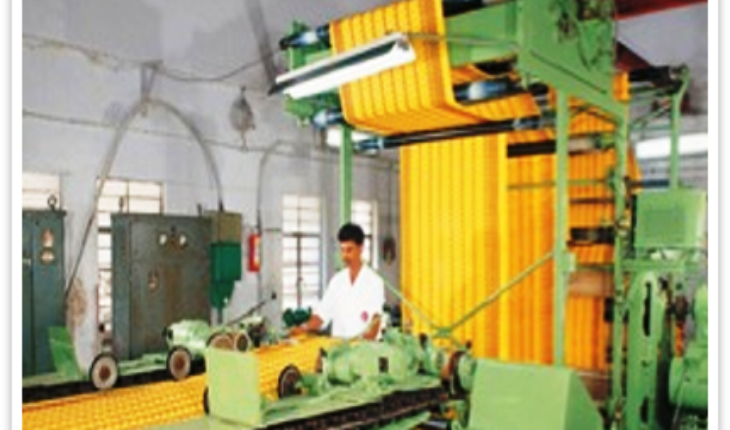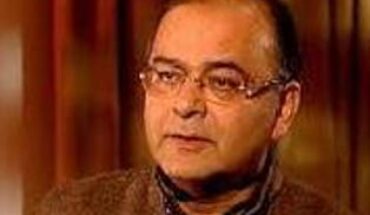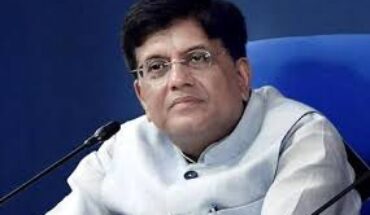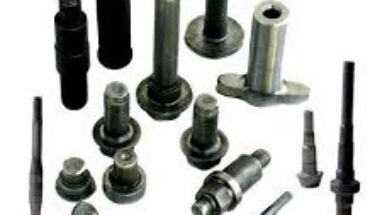By Dominick Rodrigues
Mumbai : Sustainability is the name of the game in the mantra “Roti, Kapda aur Makaan” (Food, Clothing and Shelter) as the environment undergoes stress in the wake of the human carbon footprint spreading globally. The world is today witnessing the backlash of such human transgression into nature’s backyard through reckless misuse.
However, as the world reels under the effects of its environment-negative actions, many countries and businesses, however, are waking up to the ground realities and reworking their strategies and goals towards ensuring a sustainable environment.
Pioneer Embroideries Limited (PEL), one of the leaders in manufacturing ‘Embroidery & Laces’ in India, is in the process of extending GOTS (Global Organic Textile Standard) – an internationally-recognised standard – to its factories inNaroli (UT DN&H) and Sarigam (Gujarat). Its Coimbatore factory has already been GOTS certified. PEL has now also added a new leg to its product line in moving towards sustainability — by adding an organic fabric range. Highlighting organic yarn to using organic dyes, the brand is now pulling out all stops in ensuring sustainability without compromising on quality, according to Harshvardhan Bassi, Managing Director, PEL.
Emphasising the company’s sustainability efforts amidst quality production, he said PEL’s Himachal Pradesh facility is certified under ISO 14001 (Environmental Management). PEL spins out a yarn capacity of about 18,000 MT per annum through its state-of-the-art SPFY manufacturing facility at Himachal Pradesh.
PEL’s primary focus is on R&D on Inter Fibre replacements — mainly targeting natural fibres and replacing solution dyed yarns. While normally every kg of yarns consumes 35 litres of water to produce solution-dyed yarns and arguably generate lot of effluents, the company’s’ Dope-dyed’ process uses no water and generates zero effluents – thus making it an eco-friendly method and also saving 1.9 million litres of water per day or 4.2 million barrels per years, which is equal to around 260 full-size Olympic swimming pools.
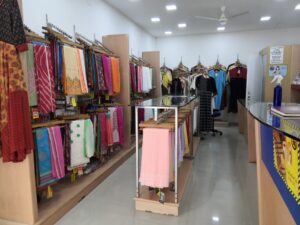
PEL’s venturing the environmentally sustainable way in its operations has witnessed its achieving the +Global Recycled Standard+ (4.0) label — (yarns made from PET bottles to capture sustainability tag) — for its entire product range.
While PEL became one of the first textile companies to create a brand in a highly commoditized yarn business, it has recently recovered from its pandemic-affected loss of first quarter through an impressive Q4, FY21: PAT (before deferred tax) improved 5 times to Rs 80 million over the corresponding period last year, Bassi said while attributing the profitability to much-improved operating performance and lower financial cost.
Meanwhile, PEL is now eyeing the revival of its iconic “HAKOBA” embroidery brand amidst the spread of its expansion footprint locally and globally. “The 60-year-old heritage HAKOBA brand has defined the ethos of Indian embroidery,” Bassi said while also highlighting PEL’s library comprising thousands of embroidery designs that are rooted and inspired by Indian culture.
Describing Hakoba as a heritage brand that “expresses the romanticism of the union of the needle and thread” through its intricate creations of a wide range of luxury textile products, he said it has become synonymous with high fashion fabrics and garments, while also – as part of strengthening sustainability objectives – offering +organic+ textile products with GOTS certification conforming to organic product materials and methodologies.
Noting that the recent past witnessed sales dropping due to changing needs and the pandemic badly affecting the readymade garments industry, he said embroidery’s main usage being in the garment industry had necessitated PEL’s recent launch of its website showcasing premium cotton and georgette embroidered fabrics through select Hakoba stores in India.


